Being a first time home buyer is both exciting and daunting at the same time. It is a huge step in your life. If you come into the home buying experience without a solid base in mortgage education, it can be difficult to navigate. By preparing ahead of time for the process of being a home owner, you can be set up for success. It is important to fully educate yourself before signing a mortgage agreement.
How much do I need for a down payment?
The answer to this really depends on the price of the home you want to buy. Typically, 20% of the price of the home, including closing costs, is expected as a down payment. This amount must be ready in the form of cash or a certified check when you go to closing. By determining how much you are able to save for a down payment, you may be able to better narrow in on how much house you are able to afford. Although the typical down payment amount is 20%, there are ways to put less down up front, including Private Mortgage Insurance (PMI), government loan programs, or a gift from friends/family that is certified with a gift letter.
What is PMI and how can it help me?
PMI is the abbreviated form of Private Mortgage Insurance. Sometimes, it is difficult for a first time home buyer to save 20% of the cost of the home for a down payment. PMI acts as a type of insurance offered to buyers to help protect the lender in the event that the buyer is unable to make his/her payments. By having PMI, you are able to help give the financial institutions the security of knowing their loan is protected while still being able to purchase the home you want.
Is my credit score important?
Your credit score is very important when it comes to figuring out mortgage approval and the interest rate on your mortgage. Typically, having a higher credit score means that you will have a lower interest rate, but every situation is different. Over the course of a 20+ year mortgage, having a lower interest rate could save you thousands of dollars. It is important to know your credit score and improve it if necessary. Also, be sure to review your credit report to make sure everything has been reported accurately.
Do I want a fixed or variable rate mortgage? What is the difference?
It really depends what is right for you because each type of mortgage has its own benefits. A fixed rate mortgage keeps the same interest rate through the duration of the mortgage. This can protect your monthly payment from going up if the interest rates should happen to increase. However, if interest rates are high at the time you get your mortgage, it can be more difficult to obtain a mortgage since your monthly payment will be high throughout the term of the loan. A variable rate mortgage, also called an adjustable rate mortgage, means that your interest can change throughout the duration of the mortgage. This can lead to lower initial payments and can help qualify you for a larger loan.
So what do I need to bring?
By increasing your level of mortgage education, you will be prepared to discuss with a lender what options are right for you. Before going to talk with a lender, have the appropriate documents ready. Come with your most recent W-2 form, any pay stubs, a way to prove what your current rent is, a recent copy of your credit report, and a list of any assets you own. The more prepared you come; the quicker the process will be to obtain your first mortgage.
For more information about which mortgage is right for you, download our mortgage education whitepaper now!
{{cta(‘a8052465-b2d7-4776-a4f1-3c2ba0acb070′,’justifycenter’)}}




